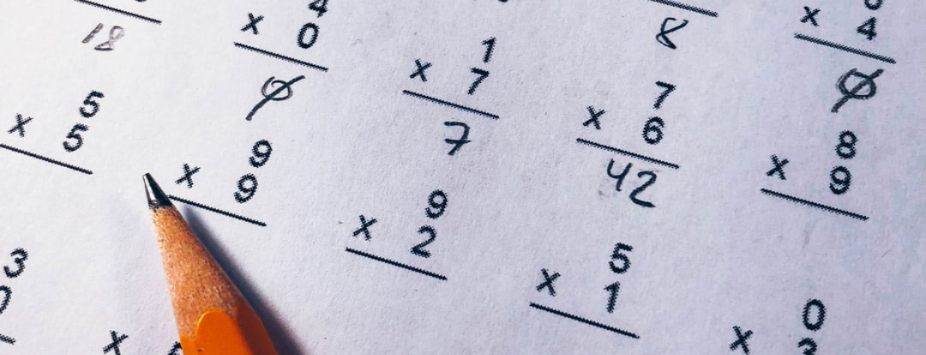
Carol Dweck introduced the world to the concept of growth mindset in 2006 with the release of her book, “Mindset.” Growth mindset is scientifically anchored by an understanding of neuroplasticity, the capacity of the brain to change its structure through the process of learning and problem solving. Dweck’s studies have shown that students who understand that their brains actually change and grow as they learn are more successful in school. As educators, we can teach students about neuroplasticity and help them develop a growth mindset; in turn, our students may do better in school.
How Learning Impacts the Brain
Learning creates new neural pathways between neurons. The more one learns, the more new connections and pathways one will develop. Furthermore, these new pathways grow stronger the more they are used. (For a guided, visual exploration of neuroplasticity, check out this video.) But what if the student is creating a new neural pathway or strengthening a pathway that is associated with a mistake? Uh oh.
When a student makes a mistake and does not correct that mistake, then that student has made a new neural connection based on misinformation. If the student continues to make the same mistake over and over without correction, then that neural pathway becomes stronger. It is almost guaranteed that the student will then make the same mistake on the summative assessment.
How can teachers prevent this from happening? By allowing students to go back and fix their mistakes. In my social studies classroom, students have the opportunity to fix their mistakes on all assessments, both formative and summative. This revision process not only allows the students to produce their best work, no matter their learning level, but also to grow their brains and strengthen the neural pathways associated with good work.
For example, my students often made the same mistakes with citations when reporting out on research. They didn’t stop making the same mistakes over and over until I actually had them go back and make corrections.
Mistakes on Formative Assessments
It is critical that teachers not only look closely at formative assessments and provide feedback, but also have students correct their mistakes on those formative assessments. Correcting mistakes not only creates and strengthens a neural pathway for the correct answer, but fixing a mistake is a terrific way for a student to grow their brain even more. The problem solving and critical thinking that is involved in identifying the problem and finding a new solution gets the brain active and actually creates deeper learning. Jo Baoler, a professor of mathematics education at Stanford, has a great TEDx Talk about this phenomena and how it applies to math in particular.
Mistakes on Summative Assessments
Although summative assessments are often viewed as the final assessment of a skill or knowledge, it is still important to have a student return to the summative assessment and correct the mistakes. If it is truly the learning that is most important, then creating a situation in which students leave the classroom with the proper neural connections is critical.
The Role of Proficiency
Neuroplasticity and proficiency-based learning go hand-in-hand. Proficiency-based learning encourages students to revise their work until mastery of learning is attained. But simply repeating assessments or tasks does not improve learning or create the neural pathways needed for success; in revisiting their work, students must also evaluate where they went wrong and make the necessary corrections before their learning is reassessed. In a proficiency-based system, students are allowed and encouraged to correct their mistakes; this, in turn, ensures students don’t develop neural pathways that are associated with mistakes. Instead, they are challenged to work toward mastery, and to develop and strengthen neural pathways with the correct associations they will need to be successful in the future.